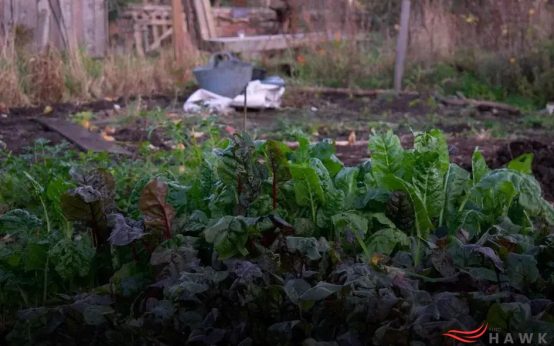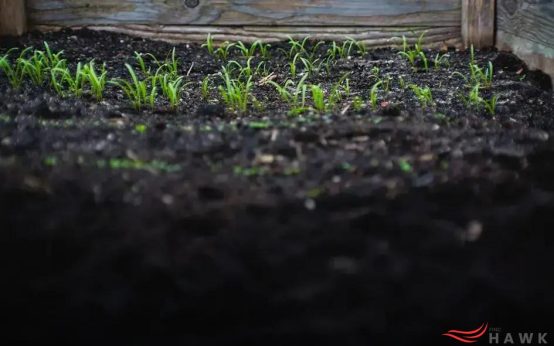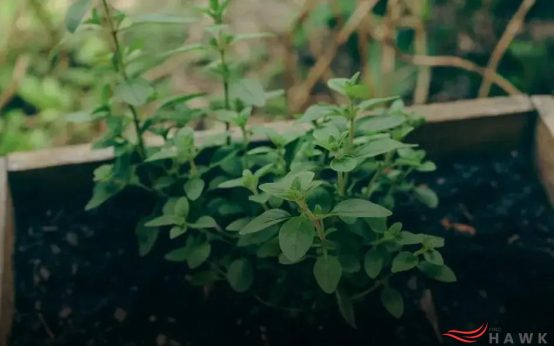Gardening offers a bounty of health benefits, making it a worthwhile hobby. Beyond the obvious beauty, it boosts physical fitness, enhances mental health, and improves nutrition. With each seed planted, you nurture not only plants but also your well-being. Let’s explore how you can grow healthier through gardening and reap its multiple rewards.
Physical Fitness Through Gardening
Engaging in gardening is not just about cultivating plants; it’s an effective way to enhance physical fitness as well. Imagine the squatting and bending needed to plant seeds or the strength and coordination used to dig small holes. These activities mimic traditional exercises such as squats and lunges.
Beyond working major muscle groups, gardening tasks can increase endurance. Carrying soil, lifting pots, and moving garden tools require a level of stamina that ultimately builds cardiovascular fitness. Staying active in the garden can truly get your heart pumping.
Moreover, gardening often demands tasks like raking and digging, which are perfect for strengthening your upper body muscles. Even tasks as simple as weeding can boost hand strength, enhancing grip. All of these aspects contribute to a healthier, more active lifestyle.
For greater flexibility, gardeners routinely stretch to reach far plants or climb ladders to prune trees. This range of motion mimics the stretches done in a gym. Plus, the fresh air and engagement with nature offer a tranquil backdrop, making exercise an enjoyment, rather than an obligation, as you immerse in the serene activity of gardening.
Mental Health Improvements from Horticulture

Horticulture has been shown to offer numerous mental health benefits, serving as an effective therapeutic tool. Engaging in gardening activities can help reduce stress levels, and many people find the act of nurturing plants highly meditative. The repetitive motions and the focus required for gardening tasks can shift attention away from negative thoughts, promoting a sense of peace and mindfulness.
Moreover, horticulture can alleviate symptoms of depression and anxiety. It offers a chance to immerse oneself in nature, which has a calming effect on the mind. Studies have shown that spending time with plants and working in green environments can enhance mood and lead to increased feelings of happiness and fulfillment.
The combination of physical activity and mental engagement involved in gardening enhances cognitive function. It encourages problem-solving skills and creativity, as gardeners often experiment with different techniques to achieve the best results. This intellectual stimulation is beneficial for maintaining brain health.
An often overlooked aspect of gardening is the boost to self-esteem it provides. Watching a plant grow under one’s care gives a significant sense of accomplishment. This can increase confidence and improve overall mood, making people feel more purposeful and connected to the world around them.
To sum up, horticulture is not merely a hobby; it serves as a powerful means to improve mental well-being. Through its multifaceted approach, gardening can lead to a healthier, happier, and more balanced life.
Gardening and Nutritional Benefits
Engaging in gardening not only rejuvenates your mind but also provides substantial nutritional benefits. Growing your own fruits and vegetables ensures you have access to fresh, vitamin-rich produce. Homegrown plants often boast higher nutrient levels compared to those purchased at a store because they are harvested at their peak ripeness. This means you get an enriched intake of vitamins, minerals, and antioxidants.
Additionally, eating from your garden encourages a more balanced diet. It’s common to consume a wider variety of vegetables when they are just a step away in your backyard. This can lead to improved digestive health and a more robust immune system.
Furthermore, when you’re involved in the whole process—from planting to harvesting—you are more likely to develop better eating habits. The effort involved in growing your own food fosters a deeper appreciation for healthy eating, reducing reliance on processed foods.
Furthermore, gardening offers the chance to experiment with organic techniques, avoiding the use of harmful pesticides and ensuring that the food on your plate is chemical-free.
Community and Social Connections in Gardening

In the world of gardening, social bonds bloom alongside flowers and veggies. Gardening provides a wonderful opportunity to connect with others and foster a sense of community. Community gardens particularly serve as a cornerstone for neighborhood interactions, where individuals come together to nurture green spaces.
Gardening clubs offer a platform for sharing knowledge, plants, and experiences, increasing the collective knowledge and enthusiasm around horticulture. These spaces are more than just gardens; they are fertile grounds for
developing friendships
and deepening social ties.
Participating in a community garden or gardening group enhances social skills and provides a support network. It’s a chance to work collaboratively towards a shared goal, fostering a sense of belonging and promoting nostalgia. Intergenerational learning is also a notable benefit, as collaboration brings together people of different ages and backgrounds, allowing for a rich exchange of customs and gardening techniques.
In addition to the physical rewards, these social interactions play a role in improving mental well-being. Human connections, coupled with the therapeutic nature of gardening, can significantly alleviate feelings of isolation. If you’ve ever exchanged gardening tips with a neighbor or admired a community plot with others, you’ve tapped into the communal benefit of cultivating plants.





